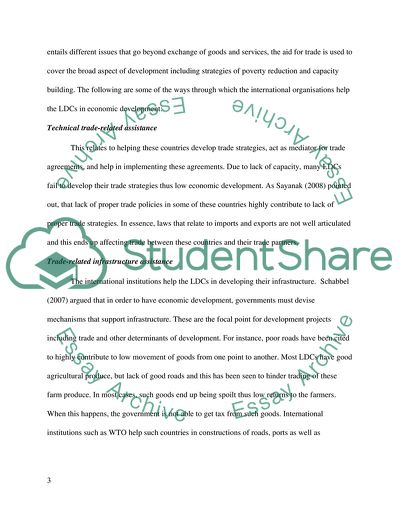Cite this document
(Government Business Relations of WTO and OECD Coursework Example | Topics and Well Written Essays - 1500 words, n.d.)
Government Business Relations of WTO and OECD Coursework Example | Topics and Well Written Essays - 1500 words. https://studentshare.org/macro-microeconomics/1843088-government-business-relations
Government Business Relations of WTO and OECD Coursework Example | Topics and Well Written Essays - 1500 words. https://studentshare.org/macro-microeconomics/1843088-government-business-relations
(Government Business Relations of WTO and OECD Coursework Example | Topics and Well Written Essays - 1500 Words)
Government Business Relations of WTO and OECD Coursework Example | Topics and Well Written Essays - 1500 Words. https://studentshare.org/macro-microeconomics/1843088-government-business-relations.
Government Business Relations of WTO and OECD Coursework Example | Topics and Well Written Essays - 1500 Words. https://studentshare.org/macro-microeconomics/1843088-government-business-relations.
“Government Business Relations of WTO and OECD Coursework Example | Topics and Well Written Essays - 1500 Words”. https://studentshare.org/macro-microeconomics/1843088-government-business-relations.


